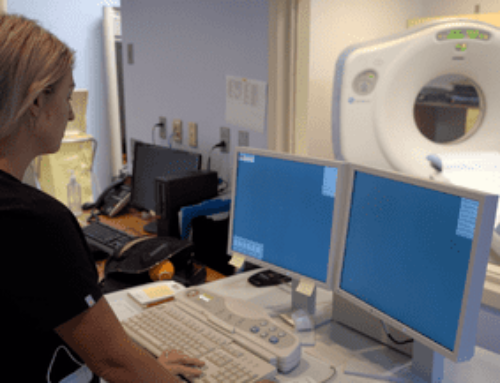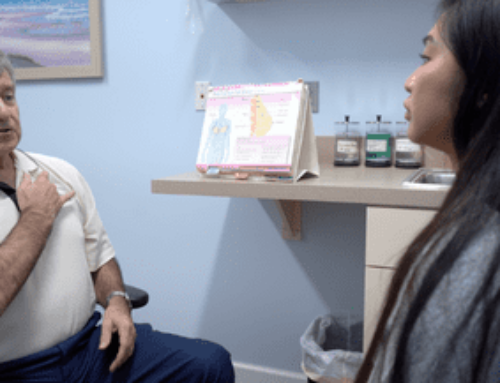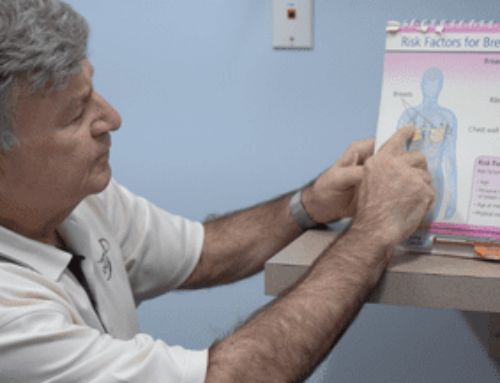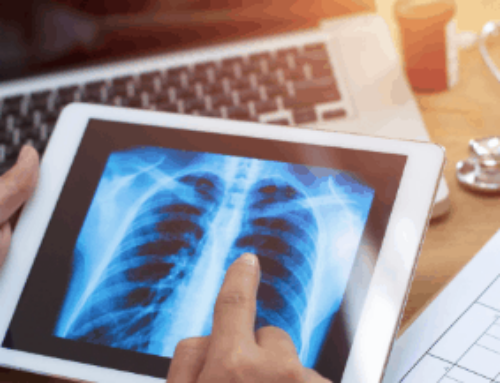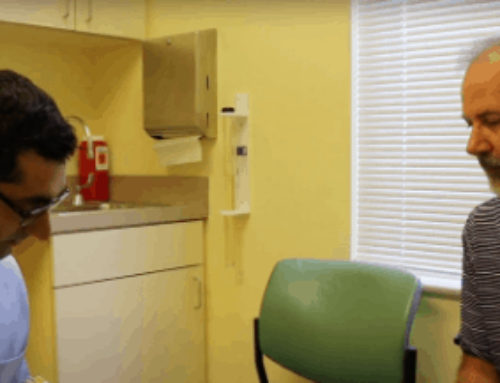Many cancer patients worry they may be radioactive to children or animals following radiation therapy. Luckily, according to Richard J. Lee, MD, a board certified radiation oncologist at the Central Florida Cancer Care Center, that worry is generally unnecessary.
“If we’re treating patients with what we call external beam radiation therapy, which is typically what you think of when you talk about radiation therapy, you’re only getting radiation during the time you’re in the room with the treatment machine,” Dr. Lee explains. “After that, you will not be radioactive and you will not be at risk for spreading any radioactivity to anyone else.”
External beam radiation therapy involves having radiation come from a source outside the body. A special device emits strong beams of energy toward the cancer cells to kill them or inhibit their growth. Dr. Lee says the treated tissue doesn’t continue holding the radiation after the session is over, so patients receiving this type of treatment don’t have to worry about transmitting radiation to their loved ones.
But not all cancer patients requiring radiation receive it externally, Dr. Lee explains. Some patients receive internal radiation treatments, and in certain situations this can be associated with an increased risk of transmitting radiation to others. Brachytherapy, for example, requires the implantation of radioactive seed, ribbon or wire that contains radiation in or near a tumor and emits that radiation to the surrounding area to kill cancer cells. Some patients swallow radioactive iodine to treat certain thyroid conditions in another example.
“In those situations we would recommend you limit your visits with other people, small children and small animals,” says Dr. Lee. “But, in general, you will not be radioactive and should be able to continue all of your daily activities.”
Much of the risk level is dependent on the type of cancer being treated, so board certified radiation oncologists will brief their internal radiation patients about the specific information about close physical contact according to their cancer.

